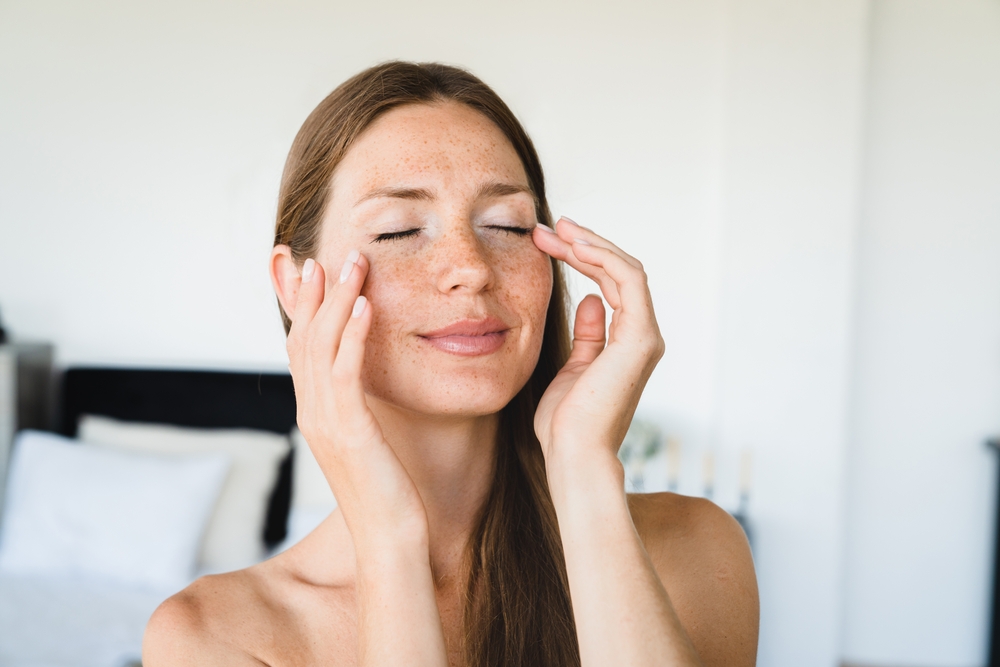Jeffrey H. Brown Optometry Blog
Learn more about optometrist care in our blog!

Sudden vision changes are more than an inconvenience - they can be a warning sign that something serious is happening with your eyes. Whether it appears as blurry vision, flashes of light, sudden floaters, or partial vision loss, these symptoms should never be ignored. Dr. Brown provides prompt emergency eye care in Costa Mesa to diagnose and treat urgent concerns before they worsen.

If you’ve ever wished you could see clearly throughout the day without relying on glasses or contact lenses, Orthokeratology (Ortho-K) might be the perfect solution for you. This innovative, non-surgical treatment gently reshapes your cornea while you sleep, giving you clear vision the moment you wake up - no glasses or contacts required.

Dry eye disease is one of the most common complaints among patients, causing discomfort, blurry vision, and irritation in day-to-day life. While many over-the-counter drops only provide temporary relief, advanced treatments such as LipiFlow® Thermal Pulsation Therapy target the root cause of certain types of dry eye.

Contact lenses are a safe and convenient way to correct vision, but only when they’re worn and cared for properly. Unfortunately, many people develop bad habits that can lead to discomfort, infections, or even long-term eye damage. Understanding the most common mistakes contact lens wearers make and how to avoid them can help protect your eye health.

In today’s digital age, screens have become essential parts of our daily lives. But with this increasing reliance on technology, many parents and adults alike are concerned about the impact of prolonged screen time on vision health, especially the risk of developing myopia.

When it comes to your eye health, what you don’t notice can sometimes cause the most harm. Many people assume that if their vision seems fine and they aren't experiencing discomfort, their eyes must be healthy. However, several serious eye conditions develop silently, showing no clear symptoms until irreversible damage has already occurred.

When it comes to preserving your vision, what you eat matters just as much as how often you visit your eye doctor. At Jeffrey H. Brown Optometry, we believe that eye health is a reflection of your overall wellness, and nutrition plays a critical role in supporting healthy vision at every stage of life.

Contact lenses are a convenient and comfortable alternative to glasses, offering clear vision and greater freedom during daily activities. However, to keep your eyes healthy and your vision sharp, it is essential to follow proper contact lens care and maintenance routines.

When it comes to eye care, technology has come a long way. At Jeffrey H. Brown Optometry, we’re always looking for ways to provide our patients in Costa Mesa and surrounding areas with the most advanced, comprehensive eye exams available. One of the most exciting advancements in modern eye care is retinal imaging, a non-invasive tool that allows us to take a detailed look at the back of your eye.

Glaucoma is often called the "silent thief of sight" because it develops gradually and without noticeable symptoms in its early stages. By the time vision loss becomes apparent, irreversible damage has already occurred. Regular glaucoma screenings are essential for detecting the disease before significant harm is done, allowing for early intervention and better long-term outcomes.




